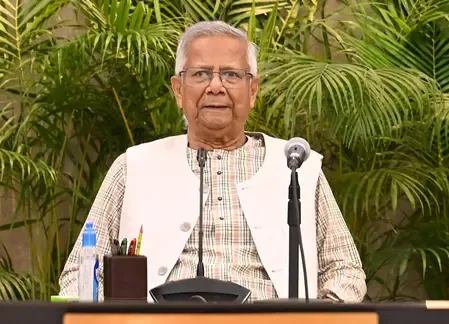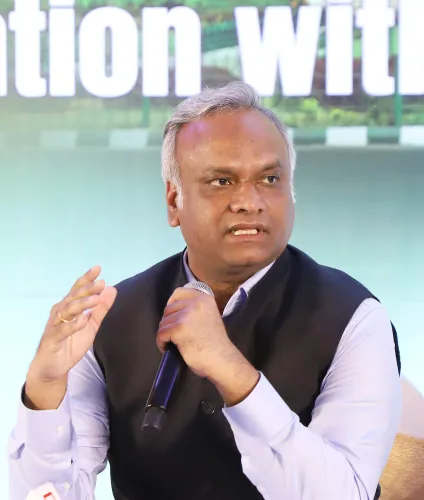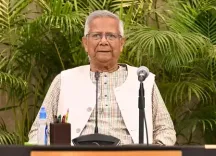Did ED Really Arrest Four in Rs 100 Crore Cybercrime Money Laundering Scheme?

Synopsis
Key Takeaways
- The ED arrested four individuals in a Rs 100 crore cybercrime case.
- They used complex schemes involving digital arrests and fake forex platforms.
- Money was laundered through multiple bank accounts and cryptocurrency conversion.
- The investigation is ongoing with potential for more arrests.
- This case underscores the urgency of combating cyber fraud in India.
Surat, Oct 10 (NationPress) In a significant operation targeting cyber-related financial crimes, the Directorate of Enforcement (ED) from the Surat sub-zonal office has apprehended four suspects connected to a vast money laundering inquiry involving cyber frauds that exceed Rs 100 crore. The individuals detained include Makbul Abdul Rehman Doctor, Kaashif Makbul Doctor, Mahesh Mafatlal Desai, and Om Rajendra Pandya.
These suspects were arrested under Section 19 of the Prevention of Money Laundering Act (PMLA), 2002.
The investigation by the ED was initiated following an FIR filed by the Special Operation Group of Surat Police, referencing multiple sections of the Bhartiya Nyay Sanhita, 2023.
The FIR identified Makbul Doctor and others for orchestrating numerous cyber fraud schemes aimed at defrauding unsuspecting citizens.
As per ED officials, the accused, which includes Makbul Doctor’s sons Kaashif and Bassam, implemented intricate strategies involving digital arrests, counterfeit forex trading platforms, and coercion tactics utilizing forged notices allegedly from esteemed institutions such as the Supreme Court of India and the Enforcement Directorate itself.
These methods were employed to extort funds from victims, which were then funneled into a complex money laundering operation. Investigators disclosed that the suspects opened numerous bank accounts under the names of employees, associates, and hired individuals to gather and conceal the illicit funds.
To manage these accounts, they acquired pre-activated SIM cards through similar fraudulent practices. The laundered funds were later converted into cryptocurrency, particularly USDT (Tether), and transferred via hawala operators to evade regulatory scrutiny.
The four detained individuals were brought before the Special Court (PMLA) in Ahmedabad, which permitted five days of ED custody for further interrogation and evidence collection.
The Enforcement Directorate has stated that the investigation remains active, with potential for additional arrests and asset confiscations. This case highlights the increasing link between cybercrime and financial laundering, as well as the ED’s intensified efforts to dismantle such networks.
This occurrence represents a pivotal advancement in India’s battle against digital financial fraud, underscoring the necessity for vigilance amidst increasingly sophisticated cyber threats.









